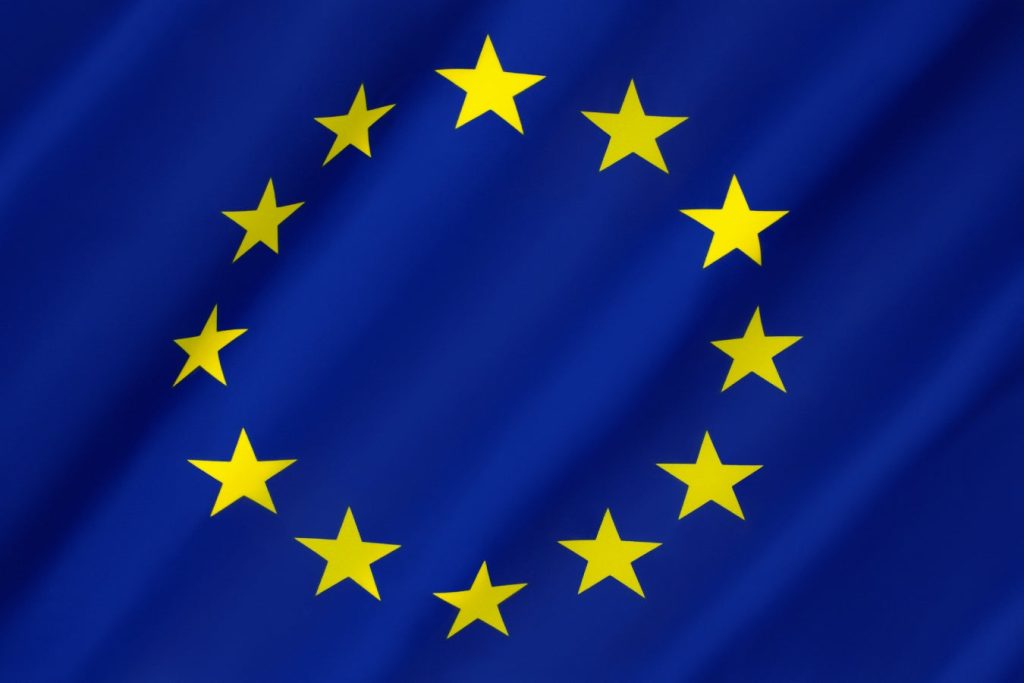Apple has yanked thousands of apps from its EU App Store for not meeting the requirements of the Digital Services Act. This law demands that developers provide verified contact information, including an address, email, and phone number. By removing non-compliant apps, Apple shows its commitment to the new rules that boost transparency and accountability in digital markets. If developers fail to submit the necessary information, their apps will remain unavailable until they can confirm their trader status.
So, why is this happening? The Digital Services Act, a major piece of European legislation, requires app distributors in the EU to display their contact details. This way, consumers can easily identify and reach out to businesses. Apple has mandated that developers who provide their contact information must have a verified “trader status.” This information shows up on the app’s product page when accessed in an EU country.
Starting October 16, 2024, Apple required developers to have trader status when submitting new apps or updates. The company warned that apps from developers without this status would be removed starting February 17, 2025.
Now that the deadline has passed, apps won’t come back onto the EU App Store until the developer provides and verifies their trader status with Apple. Developers can submit their details through App Store Connect. Organizations usually share their address via their DUNS number, but individual developers must submit their contact info if they want it publicly displayed.
The Digital Services Act has been around since 2022, but it became fully enforceable for all regulated entities on February 17, 2024. Before that, only “very large” online services—those with over 45 million monthly active users in the EU, like the App Store—had to comply with most of the law’s requirements. The trader status declaration became mandatory for all platforms after the February 2024 deadline, with a 12-month transition period in place.
Under the DSA, who counts as a trader? The Act defines traders as anyone offering goods or services in the EU for commercial purposes, regardless of their physical location. An app developer might qualify as a trader if they earn money through paid apps, in-app purchases, or ads, are registered for VAT in the EU, or develop their app professionally instead of as a hobby.
Apple isn’t stopping at just removing apps. In recent months, the company has implemented other measures to comply with the DSA. They’ve released a DSA Transparency Report detailing their content moderation and compliance efforts. Additionally, they set up a mechanism for developers to appeal content moderation decisions. Apple’s proactive approach shows how platforms are adapting to stricter regulations on digital accountability and consumer protection.

